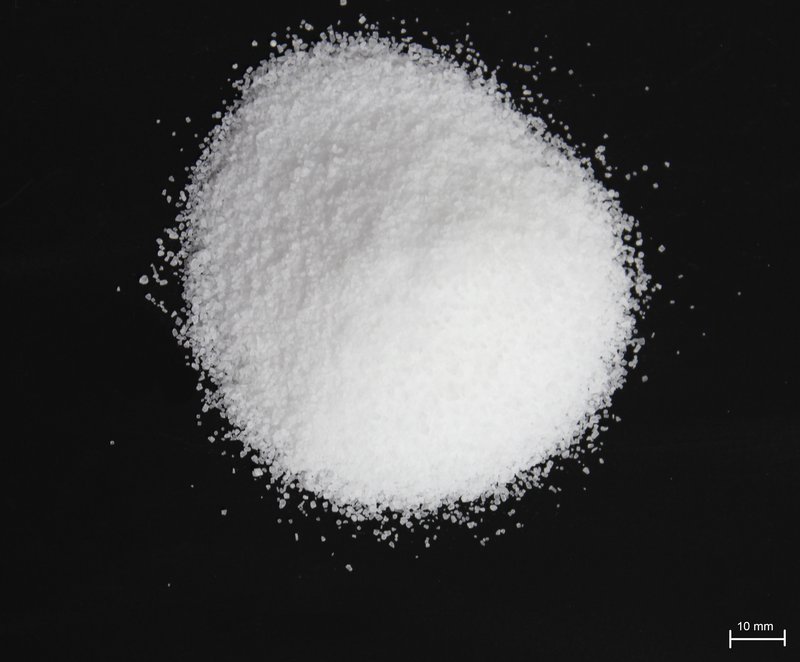Is salt killing you?
Updated | By Poelano Malema
According to a report by the Heart Foundation, diseases associated with high salt intake are a leading cause of deaths and disability in young people in South Africa, second to HIV.

The World Health Organisation says these diseases are collectively responsible for almost 70% of all deaths worldwide.
A report by Pharma Dynamics states that most adults in South Africa are consuming as much as 40g of salt a day, which is way higher than the recommended 5g (one teaspoon).
But could there be more to South Africa's salt addiction? Research done by Penn State College of Agricultural Sciences in the United States indicates that people who tend to salt their food more could be ‘supertasters’ - a person who has more taste buds than normal and is very sensitive to particular tastes. This indicates that many South Africans have been dealt the ‘supertaster’ gene, says a report by Meropa Communications.
How to test if you are 'supertaster'
Pharma Dynamics recommends the following two methods:
- Get hold of a Phenylthiocarbamide (PTC) strip to detect a definite taste. Test strips treated with PTC may taste bitter, sweet or salty depending on the chemical and genetic make-up of the taster. If you’re a ‘supertaster’, you won’t be able to stand the bitter taste on the strips.
- Dye your tongue blue with some food colouring and to then stick a hole reinforcer (those white round stickers used to reinforce the holes made in paper when placing them in a file) on your tongue. Then use a magnifying glass and get someone to count the pink bumps on your tongue within the hole of the sticker. If you have more than 35 pink bumps (papillae, you’re likely to be a bona fide supertaster. If you have between 15 and 35 papillae, you are an average or medium taster. Anything under 15 makes you a non-taster.
Why is salt a killer?
Consuming too much salt leads to High Blood Pressure, which affects one in three people above the age of 15 in South Africa. High Blood Pressure causes Non-communicable diseases(NCD) such as heart attack and stroke.
But this doesn't have to be so. Making small health decisions such as reducing your salt intake can save your life.
"Experts estimate that limiting salt consumption could decrease 11% of deaths from heart disease per year and save the SA government in the region of R713-million per annum in healthcare fees," reports Pharma Dynamics.
Ways to cut down on salt intake:
Dietician Mmatlou Rapholo of HealthWise Medical Centre in Kempton Park recommends that people need to start paying attention to food labels and using alternatives to salt to flavour their foods.
"Avoid using salt when preparing food and also avoid placing it on the table during meal time. Rather use herbs, lemon, chilies onion, peppers etc for flavouring your food," says Rapholo.
"Spices, stock cubes, and soup powder also contain a high amount of salt, therefore use them in moderation or avoid when Hypertensive, and limit intake of processed foods," she adds.
Show's Stories
-
Dad tries to have honest conversation with his 2-year-old
"I just wanted to have a conversation with you today...This morning you ...
The Workzone with Alex Jay 12 hours ago -
Winter playground returns to Melrose Arch
Take the kids out this weekend, visit the Melrose Arch Winter playground...
The Workzone with Elana Afrika-Bredenkamp 12 hours ago